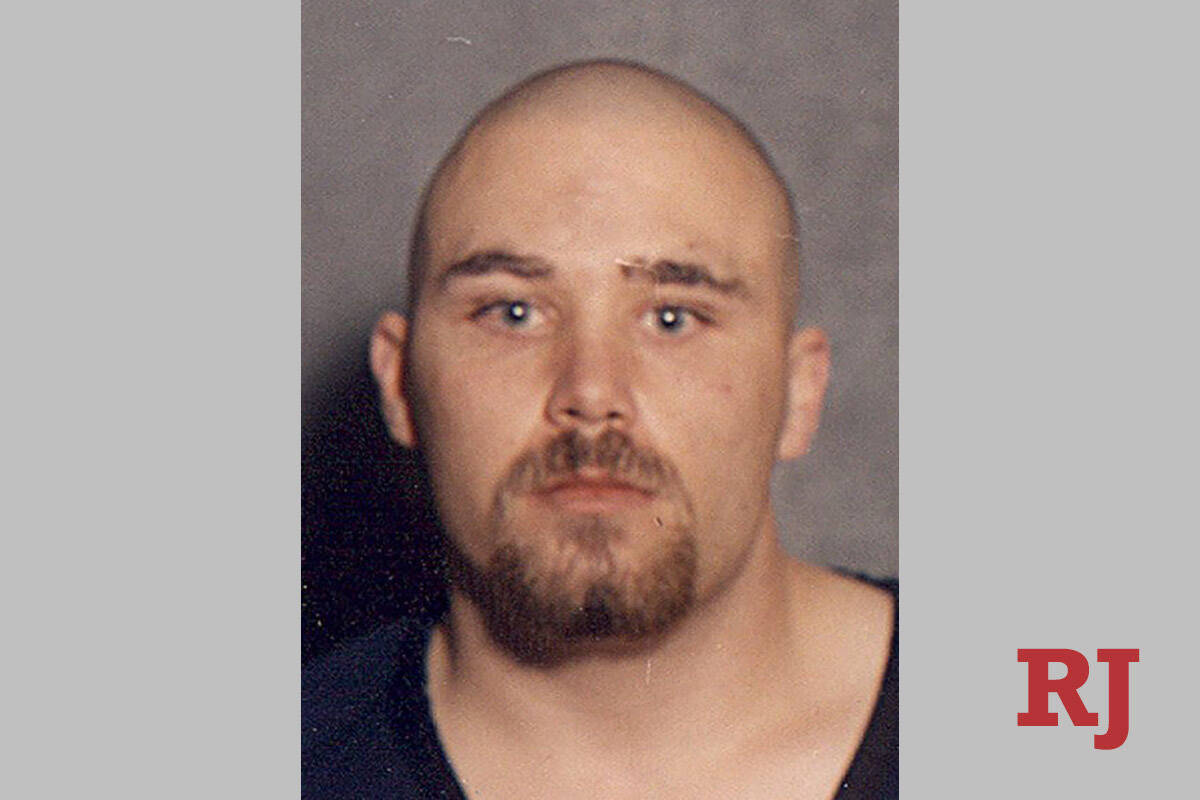NEVADA VIEWS: Zane Floyd deserved help, not a death sentence
On June 3, 1999, an unthinkable tragedy unfolded in a Las Vegas grocery store that resulted in the loss of four innocent lives and the injury of at least one other innocent person. On that awful night, a U.S. Marine Corps veteran suffering from post-traumatic stress disorder and fetal alcohol spectrum disorder, who was high and in a psychotic state after self-medicating with alcohol and methamphetamines, engaged in a senseless act of violence.
The question we should ask ourselves — the question I ask myself as a veteran: Could this tragedy have been prevented?
Zane Floyd, fleeing an abusive and dysfunctional household, entered the U.S. Marine Corps at the age of 19 and was stationed at Guantanamo Bay in Cuba (Gitmo), where he experienced combat-like conditions that triggered PTSD.
According to a statement given by retired Marine Corps Col. Robert Salasko, “There was no extra screening for mental health issues before troops were assigned to Gitmo. There were no substantial mental health resources in Gitmo other than a base chaplain, and some counselors flown in on occasion following suicides. Marines with emotional or psychological struggles were not provided with re-entry-to-civilian-life resources when they returned home from Gitmo. And those who re-enlisted were often sent off to their next assignment without providing them a chance to decompress or process the traumatic experiences they endured at Gitmo.”
This mirrors my own experience in the military. I served six years in the Air Force, my first two being in the Reserve. When my active term was up, I don’t remember any mental health services being offered or recommended. In fact, the only time I was sent to mental health services was when I was in the Air Force facing my first disciplinary hearing (Article 15). I remember the therapist being extremely rude. A year later he was being separated from the Air Force because of mental health issues.
Had Floyd been adequately screened before entering the Marine Corps, it may have been discovered that he suffered from fetal alcohol spectrum disorder, a condition that mental health professionals have indicated is the functional equivalent to intellectual disability. They may have also learned that he was already addicted to alcohol and suffering from PTSD from years of childhood trauma, both of which would only worsen during his time serving his country.
I started drinking at 19, and there was no treatment or service recommended or offered while I was in the service. I “quit” for a while, but I saw quite a few people get discharged for alcohol-related issues, even when they attempted to get help for alcoholism. My screening also missed my “executive function disorder” and ADD, so I received no help for those either. At the end of my service, I remember the process to enroll in VA services seeming like a mountain too high. I never received adequate help transitioning home.
We have failed generations of veterans returning home from serving our country. Yes, some services have improved somewhat over the past decade or so, but so many young men and women — and their families — have suffered in silence.
Our state and our country could be doing so much more to provide mental health care and treatment for addiction, especially for veterans. Failing to provide this essential care has resulted in suicides, homelessness, domestic abuse, child abuse, alcohol and drug related traffic fatalities and tragic violence, like that committed by Floyd.
Would those four innocent people still be alive today if Zane Floyd had ever received the mental health care and interventions he so desperately needed? We’ll never know.
But it seems fundamentally wrong and cruel to me that our government is now spending untold amounts of money trying to execute him, when a fraction of those resources were never available to help him when he needed them most. It is shocking to me that the jury that sentenced him to death never heard about his PTSD or his fetal alcohol spectrum disorder, and even more unsettling that the Board of Pardons has yet to grant him a hearing to review this information.
We should not be discarding veterans in this manner. Zane Floyd should not be executed.
Anwar Green is a U.S. Air Force veteran who lives in Las Vegas.




























